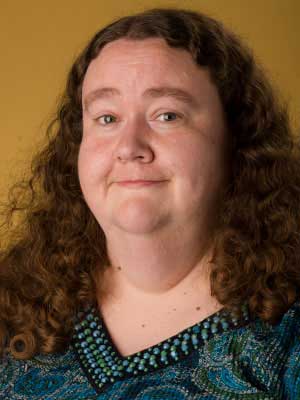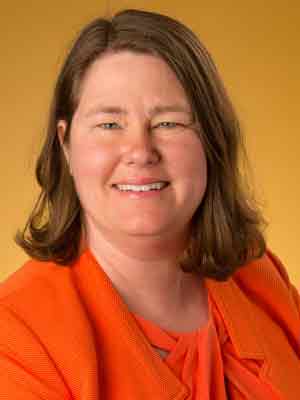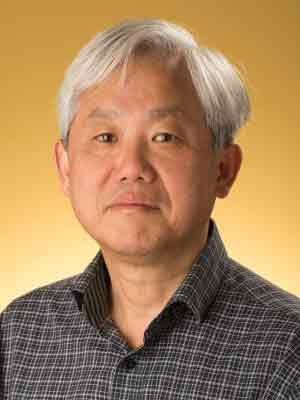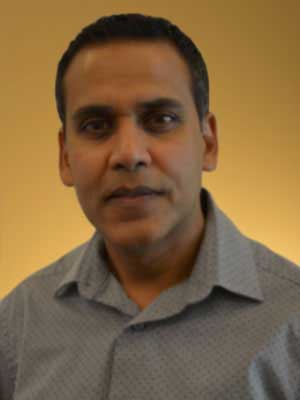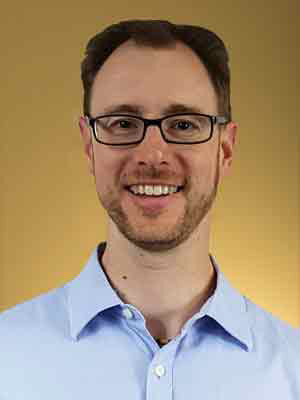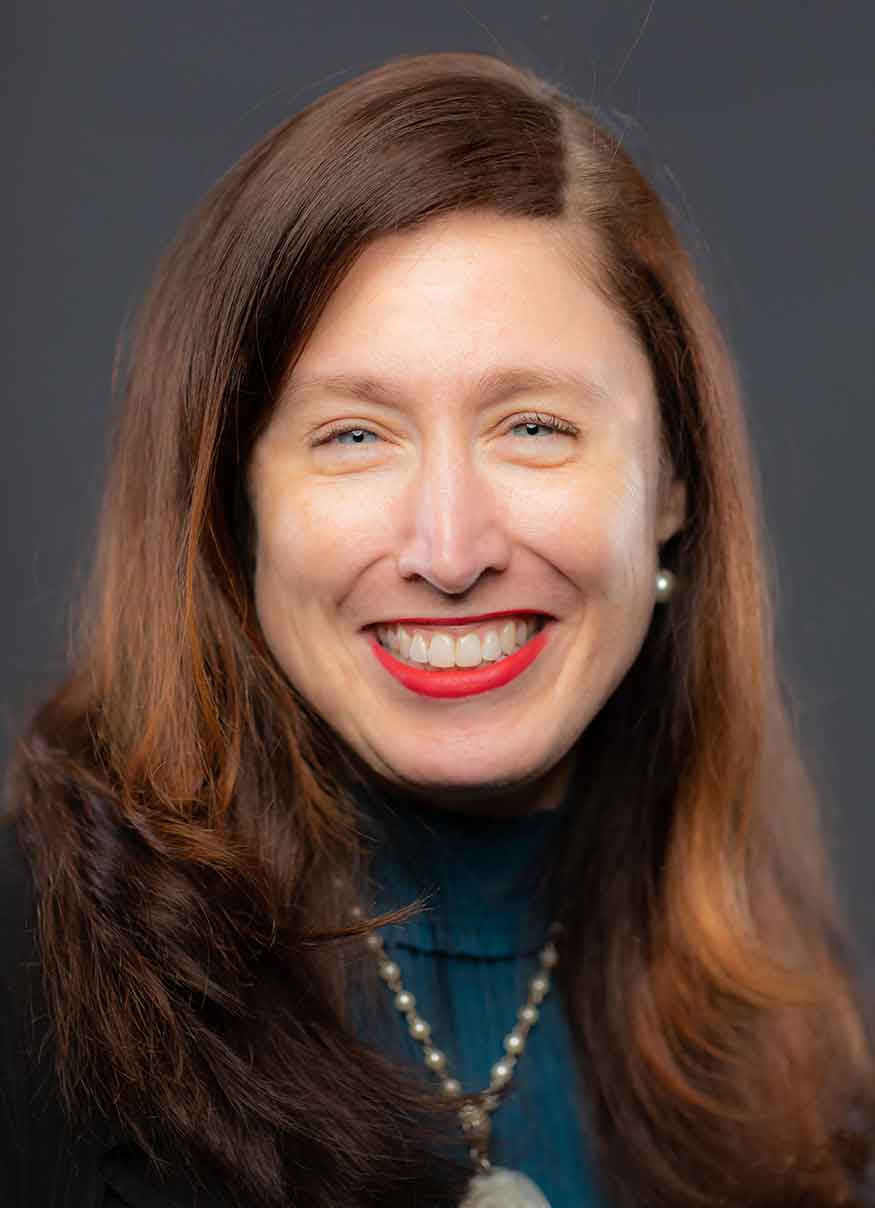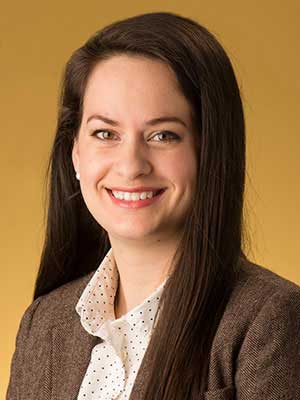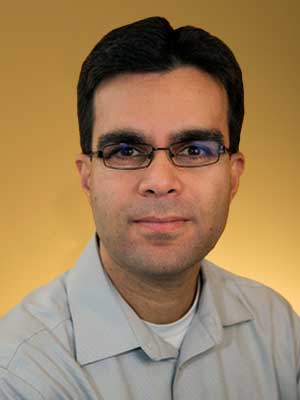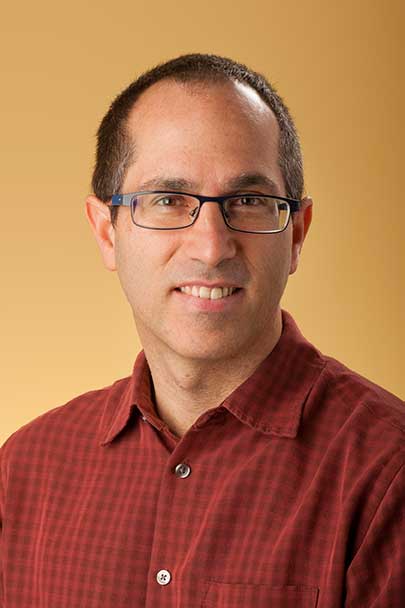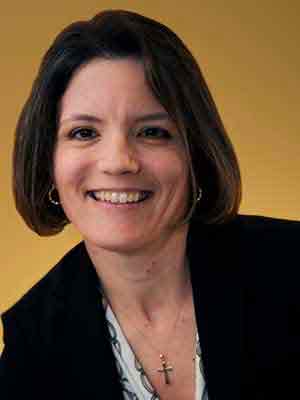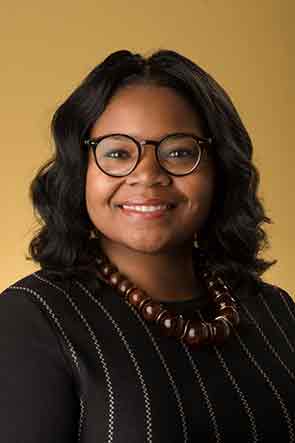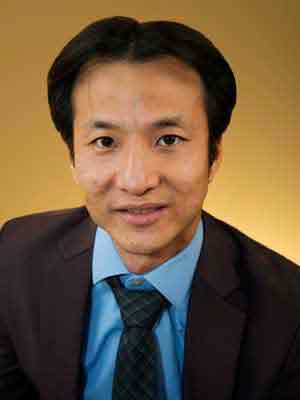|
Bates Mechanical Scholarship
For a full-time student majoring in Mechanical Engineering Technology, who has reached
junior or senior level classification; minimum 2.5 GPA. Given by: Rusty Bates, BS 1988
Beverly F. Shore Scholarship
Beverly F. Shore Endowed Scholarship will provide assistance to an underrepresented
undergraduate student, with preference given to full time students, minoring in aerospace
engineering who are rising juniors. Given by: Douglas L. Shore
Catherine Land-Waters Endowed Scholarship
Established by Catherine Land Waters, to benefit a full-time undergraduate student
who is part of an underrepresented population, majoring in Industrial Engineering
Technology or Systems/Industrial Engineering. Student should be a freshman with a
minimum GPA of 3.0. Scholarship is renewable (with application) for a total of five
years, if the student maintains this major and the GPA. Given by Catherine Land-Waters, BS 1983 Industrial Engineering Technology
David E. Summers Scholarship
Established In memory of David E. Summers. Professor Summers was a graduate of Southern
Tech, and taught at Southern Tech until his retirement in 1995. This scholarship benefits
Georgia residents, pursuing a BS degree in Electrical Engineering Technology. Applicants
must have a minimum 3.0 GPA. Given by: colleagues and friends of David E. Summers
Dr. Jack Lackey Scholarship
Dr. Jack Lackey Scholarship will provide assistance to an undergraduate full time
student pursuing a BS in Mechanical Engineering with a minimum 2.8 GPA who is a member
of the under-served population of students. Strictly merit based. Given by Dr. Lori Lowder.
Ellen and Shepherd Long Scholarship
Ellen and Shepherd Long Endowed Scholarship will provide assistance to a gender underrepresented in the Civil Engineering Program. Student must be a undergraduate enrolled full time with a minimum GPA of 3.0 majoring in civil engineering. Need based as determined by the Office of Financial Aid. Given by Ellen and Shepherd Long, Long Engineering, Atlanta, GA
Enplas (USA) Scholarship
For students pursuing a BS in Mechanical Engineering Technology. Must be at least
a junior with a 2.8 GPA. Given by Enplas (USA), Marietta, GA
FieldCore Scholarship
The purpose of the FieldCore Scholarship is to provide financial support to two full time students each year who are enrolled in the Southern Polytechnic College of Engineering and Engineering Technology. Students must be under-represented as determined by various factors, including but not limited to socio-economic circumstance, financial need, geographic location, individual family history. Must be a junior or sophomore at the time of application. Need Based as determined by Financial Aid. Given by FieldCore, a GE Company
GeoSurvey Scholarship
For full-time students pursuing a BS in Surveying and Mapping with a minimum GPA of
3.0. Given by Trent Turk, BS 1986 and GeoSurvey, Ltd
Haas Scholarship
For part-time or full-time students with a minimum GPA of 2.5. Must be enrolled in
Manufacturing Engineering Technology minor or MET Major with a manufacturing concentration.
Given by Haas Automation
Harold and Linda Linnenkohl Scholarship
For a full-time student, pursuing a BS in one of the following programs: Mechanical
Engineering, Mechanical Engineering Technology, or Mechatronics Engineering. Student
must be a junior or senior with a minimum 3.0 GPA. Given by Novelis Corporation
NRC Nuclear Scholarship
For Mechanical, Electrical, and Systems Engineering students pursuing a minor in Nuclear
Engineering. Recipients must be enrolled full-time with a minimum GPA of 3.0 and demonstrate
satisfactory academic progress in their fields of study, as determined by criteria
established by the Nuclear Regulatory Commission. The grant will provide scholarships
for 24 students, paying $3,200 per semester, for two years through Spring semester
2019.
For detailed information, instructions, and application form visit the Center for Nuclear Studies and submit the required forms by no later than November 16, 2017.
Given by Nuclear Regulatory Commission (NRC)
Paul Radow Scholarship
Established in memory of Mr. Paul Radow, an engineer who helped design the elevator
launch pad system for the early U.S. space program. This scholarship will benefit
a full-time student majoring in mechanical engineering, with a minimum 3.0 GPA. This
person should also be an adult learner or veteran of the U.S. Military. Given by Mr. Norman Radow
Price Industries Scholarship for Engineering Excellence
This endowed scholarship will benefit students majoring in mechanical engineering,
mechanical engineering technology and industrial/systems engineering. Given by Price Industries
Reza Abree Endowed Scholarship
Established by Reza Abree, to benefit a full-time undergraduate student who holds
a minimum 3.0 GPA. This scholarship is available to students majoring in Civil Engineering,
Construction Engineering, Environmental Engineering, or Construction Management, with
preference given to Civil Engineering majors. Given by Reza Abree, BS 1978, Civil Engineering Technology
Robert Glenn Allen Memorial Scholarship
Established In memory of Professor Glenn Allen, alumnus of Southern Polytechnic and a beloved faculty member. This scholarship benefits a full-time student pursuing a BS degree in either Mechatronics, Mechanical Engineering, or Mechanical Engineering Technology. The student must have completed 60 credit hours, with at least 30 in Southern Polytechnic College of Engineering and Engineering Technology. The student should have a minimum 3.2 GPA and must participate in extracurricular or leadership activities at the College. Given by friends and colleagues of Professor Glenn Allen
Siemens Mechatronics Scholarship
Benefits a student pursuing a BS in Mechatronics, with a minimum GPA of 3.5. Must
have completed at least 30 credit hours in Southern Polytechnic College of Engineering
and Engineering Technology. The student must have participated in leadership and extracurricular
activities related to mechatronics. Given by Siemens USA
Southeastern Transportation Security Council Scholarship
To benefit a student pursuing a degree in Supply Chain Logistics. Preference is given
to a non-traditional student, who is enrolled full-time and employed while attending
the University. Given by the Southeastern Transportation Security Council
Spencer Bristol Engineering Scholarship
For full-time undergraduate students who are a rising junior or senior majoring in Computer Engineering, Electrical Engineering, or Mechanical Engineering who have a minimum GPA of 2.75. Students must be under-represented as determined by various factors, including but not limited to financial need. Given by Spencer Bristol Engineering, a Gray Company.
Stability Engineering Endowed Scholarship
Benefits a junior or senior student, majoring in Civil or Construction Engineering
with an interest/focus on Structural Engineering. Given by Pierre Coiron, BS 1995 CET, BS 2014 Construction Engineering and Stability
Engineering
|








